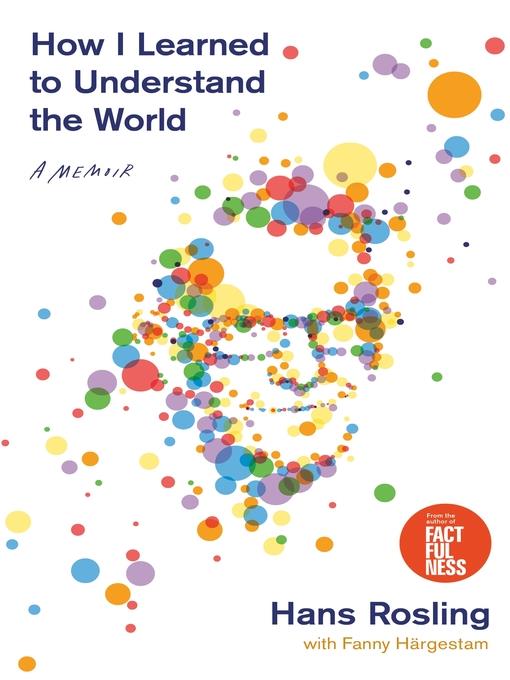
How I Learned to Understand the World
A Memoir
کتاب های مرتبط
- اطلاعات
- نقد و بررسی
- دیدگاه کاربران
نقد و بررسی

September 15, 2020
Swedish physician Rosling looks back on the surprising turns his life took. When he died of pancreatic cancer in 2017, Rosling was in the process of co-writing two books, the bestselling Factfulness (2018), with his son and daughter-in-law, and this one, with journalist H�rgestam, who recorded and gave form to his memories. In this English-language version of a book first published in Sweden in the year of his death, the author's widow writes, "some of the stories are left out, as we thought these would only be interesting in the Swedish context." Though the omissions will leave some wondering about gaps in the narrative, the text offers plenty of fascinating storytelling. With quiet humor and a bemused sense of amazement at the course of his life, Rosling describes his childhood, when he nearly drowned in a drainage ditch in his rural town; training as a physician, marriage, and the births of his children; years working as a physician in Mozambique; and transformation from clinical practitioner to researcher and academic. Most intriguing are accounts of the author's attempts to solve puzzles, as when he was confronted in Mozambique by an epidemic of patients whose legs were paralyzed, which he eventually realized was caused by cassava plants that had been too quickly and improperly processed, leaving toxins in the food. Also absorbing are Rosling's stories of his trips to Cuba, where he had an awkward encounter with Fidel Castro, and descriptions of multiple near-death experiences. The memoir, which includes many photos, stops abruptly just as Rosling was beginning to write Factfulness. While the volume stands on its own as a record of an unintentionally adventurous existence, fans of the author's previous book should be delighted to get to know the person behind the statistician and abstract thinker. A good-humored, understandably truncated remembrance of an eventful life.
COPYRIGHT(2020) Kirkus Reviews, ALL RIGHTS RESERVED.

October 5, 2020
In this lively memoir, Rosling (Factfulness), the late Swedish physician and public health educator, details his ascent to becoming a medical doctor, professor of international health, and public educator. Rosling (1948–2017) tells of his medical school education, which included an eye-opening 1971 trip to India, during which his worldview that “the West was best and the rest would never catch up” was quickly dispelled by his highly prepared Indian classmates, whose university textbooks had been far more detailed than his own. In 1979 he began practicing in Mozambique and was thrown into the chaos of researching a crippling konzo epidemic, while also instituting disease-prevention best practices for the country’s underserved communities. In 1998, his work took a new turn when he created a graph that used different-size, colorful “bubbles” to represent countries’ population sizes, then superimposing them onto a traditional graph. Its success in giving organizations a way to make large datasets understandable to non-specialists inspired Rosling to create, along with his son and daughter-in-law, the Gapminder Foundation, which builds data-analysis tools. Much to Rosling’s credit, the narrative remains accessible even as it travels through some complex statistical terrain. This deep dive into his impressive accomplishments will prove timely and engaging for healthcare professionals and anyone interested in health policy.

November 1, 2020
In this deeply personal memoir, Rosling takes account of his life with the goal of exploring how he came to understand the world. Most famous for his work in worldwide health data analysis as the founder of the Gapminder Institute and one of the inventors of the Trendalyzer software system which creates animated graphics of data over time, he sought to comprehend the big picture as clearly as possible, to make the best decisions about how to improve the health and living conditions of the world's most needful. He dedicated much of his effort to correcting the common misunderstandings most Western countries have about the state of non-Western countries. Rosling began his career as a physician in Mozambique shortly after that country gained independence, and pioneered new epidemiological methods to better address the lived reality of the people he served. Over the years, he applied these same methods throughout sub-Saharan Africa, all while he and his wife raised three children and he battled cancer twice. His memoir is kind, humane, and unflinchingly honest.
COPYRIGHT(2020) Booklist, ALL RIGHTS RESERVED.

























دیدگاه کاربران